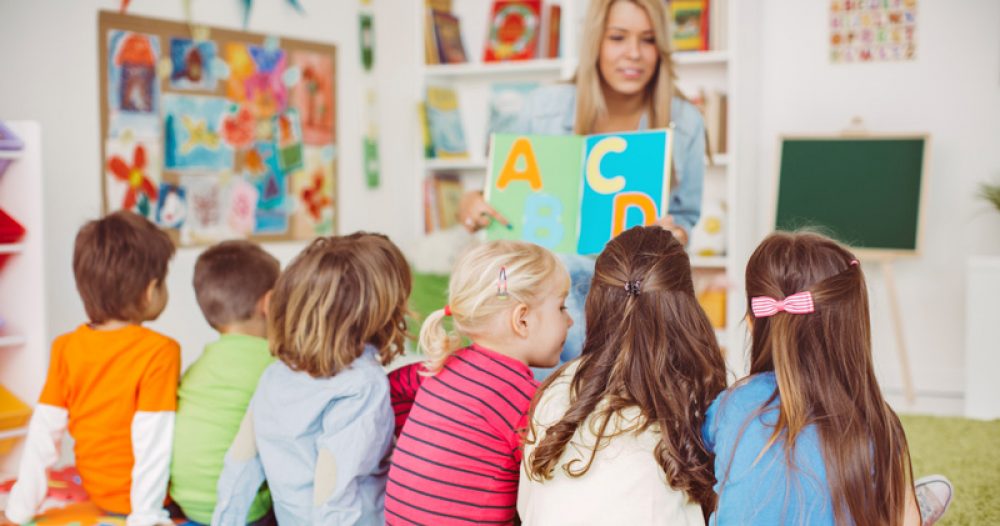As a school leader, I’ve never been more convinced of the importance of the early years, writes Ed Vainker. And now the sector has two powerful allies
Despite education having spent weeks on the front pages since March 2020, we have heard far too little about Early Years (EY), given its importance and the impact of the pandemic on our youngest children.
I started my career in secondary, but when we founded Reach Academy Feltham, Rebecca Cramer and I were in no doubt that we wanted our school to be all-through and to start with a nursery. Since then, we have extended our provision to offer additionally ante-natal classes and perinatal support as part of our cradle-to-career offer.
In truth, if I’d known then what I know now, I wouldn’t have set up a school; I would’ve focused my work on the years 0-5. We know so much more than we used to about their importance and what works to help children flourish, and at the moment we are simply not investing as much as we should in children of this age.
In that context, it was a pleasure to be invited to chair a discussion about the importance of EY between the Duchess of Cambridge, the First Lady of the United States and UK and US experts in Cornwall last week.
Rumours that the county would become a ‘no-go zone’ were exaggerated: an empty train carriage to Penzance and clear roads got us to Connor Downs Academy in plenty of time. Fans of The West Wing will not be surprised to learn that the White House advance team were pretty exacting. But the team from Aspire Academy Trust did a brilliant job: the school looked stunning and the pupils were charming.
Those with a passion for early years have a brilliant ally in The Duchess of Cambridge
Those of us with a passion for EY have found a brilliant ally in the Duchess of Cambridge. For years, she has invested time in building her understanding of the sector, meeting parents and children, visiting settings and speaking to professionals, and learning from researchers in neuroscience, psychiatry and child development. She has made a long-term commitment and is brilliantly informed about what matters and what works.
The Duchess spoke compellingly at the roundtable about the impact of early development on adults, the importance of parents and the need for integrated, holistic support for young people. Alongside her, Dr Biden is a powerful ally, reflecting on how she came to understand the sector’s importance through her career as a teacher in high schools and community colleges.
The panel they convened reflected their understanding that EY is a cross-sector issue that requires collaboration and integrated services. The UK was represented by a psychiatrist, a professor of neuroscience and a parenting support leader, alongside me from education; while the US delegation comprised senior officials from their departments of education and health and human services.
The panel reflected on how much we now know about this age group, the vital role parents play and the need to support them, the importance of the EY workforce and the need to raise the sector’s profile. On that last point, we made immediate progress. I imagine this was the only time this century that CNN ran a live 30-minute discussion about the first years of life, a reflection of the convening power of our hosts.
The event showed, in a microcosm, the role the Duchess of Cambridge can play here in the UK – bringing attention to research and fostering insights in wider society around its findings; convening partnerships between diverse groups with an interest in EY; and involving parents to collaborate around new approaches.
But the EY sector – which includes all primaries with reception years – also has work to do. We must remain solution-focused and optimistic, amplify other voices in the sector and push for the integration of health and education around our youngest children.
It’s no small feat, but we are fortunate to have the Duchess of Cambridge on our side in the effort. She understands the work, recognises its importance, and will be with us for many years to come.








Your thoughts